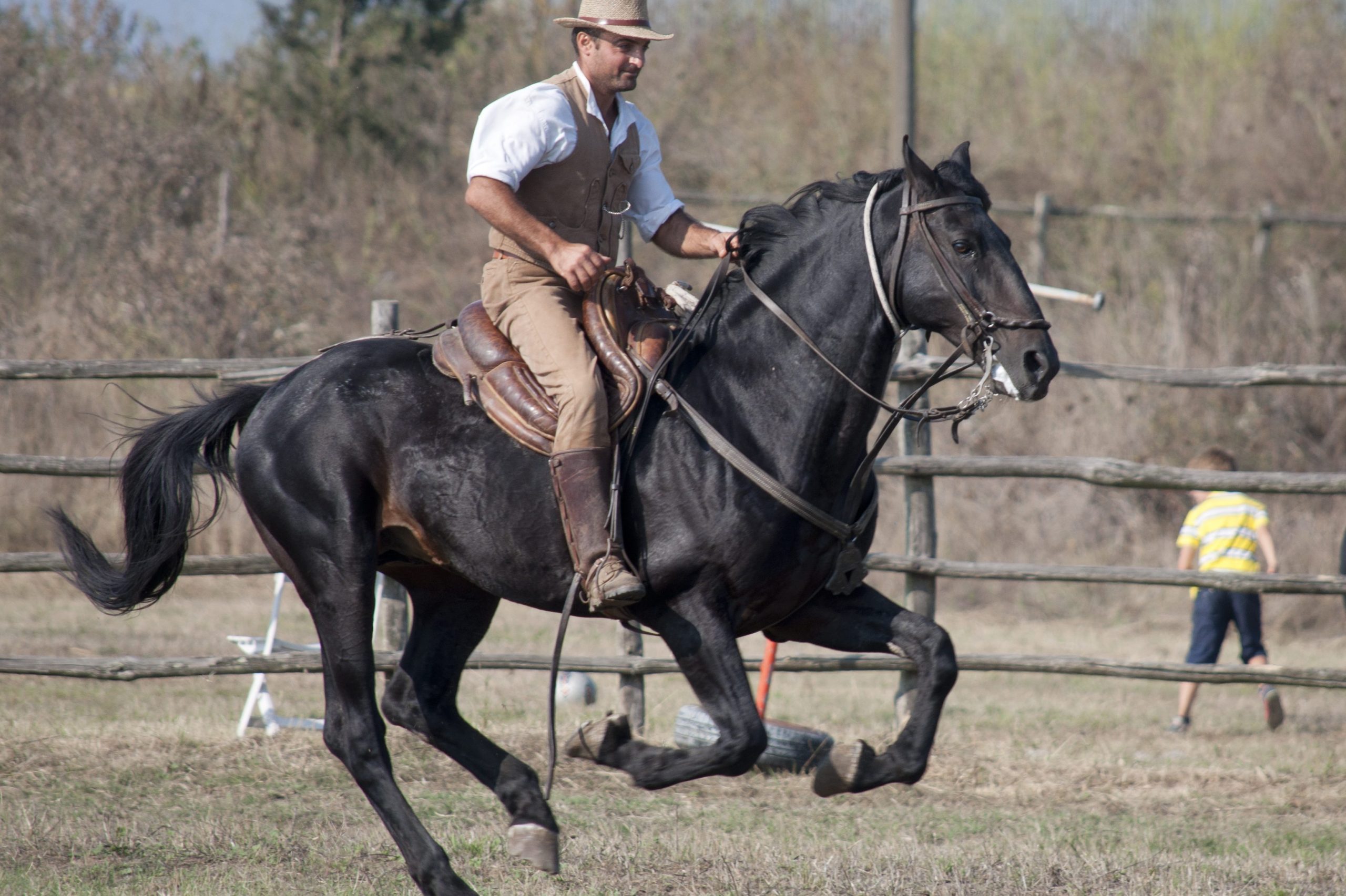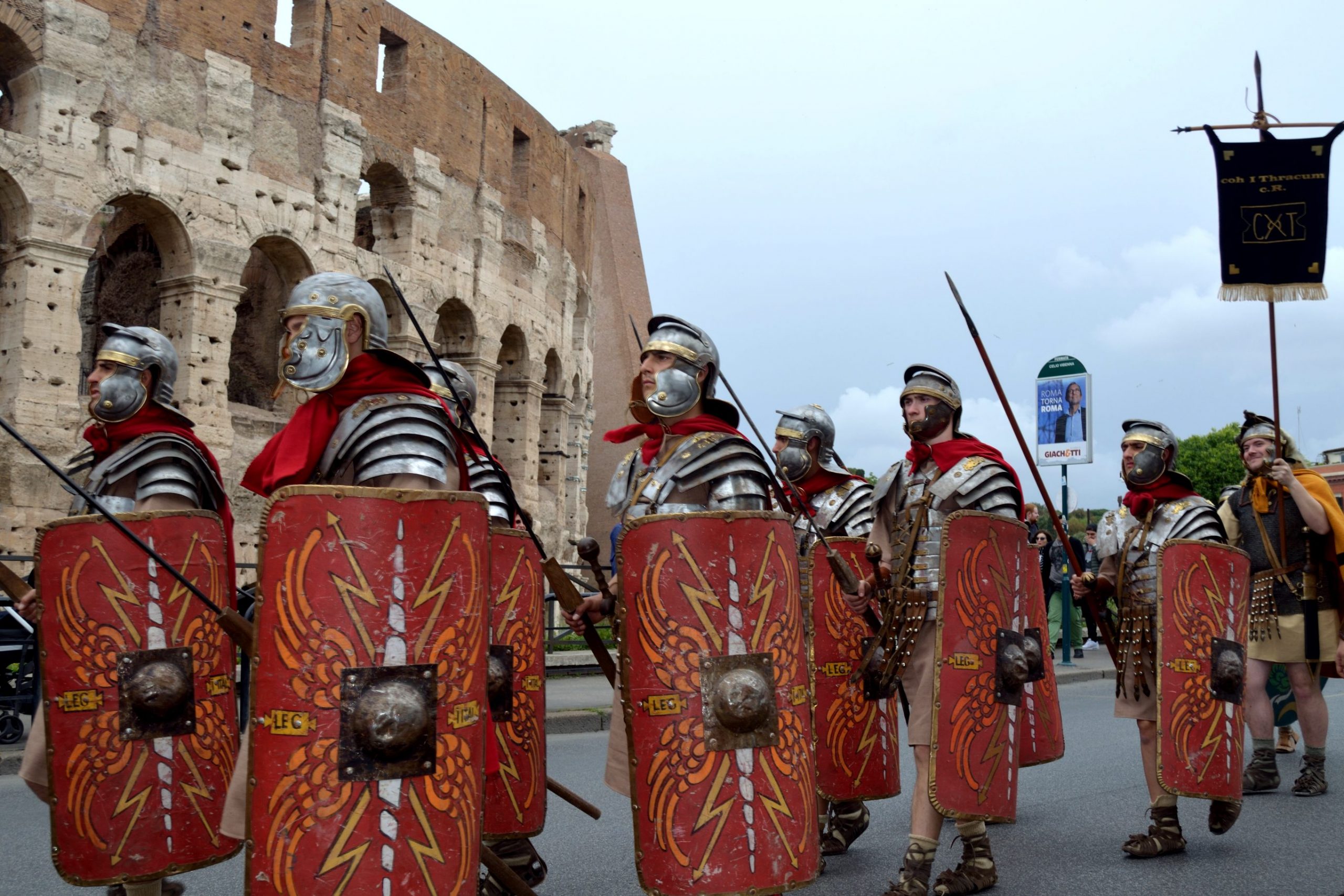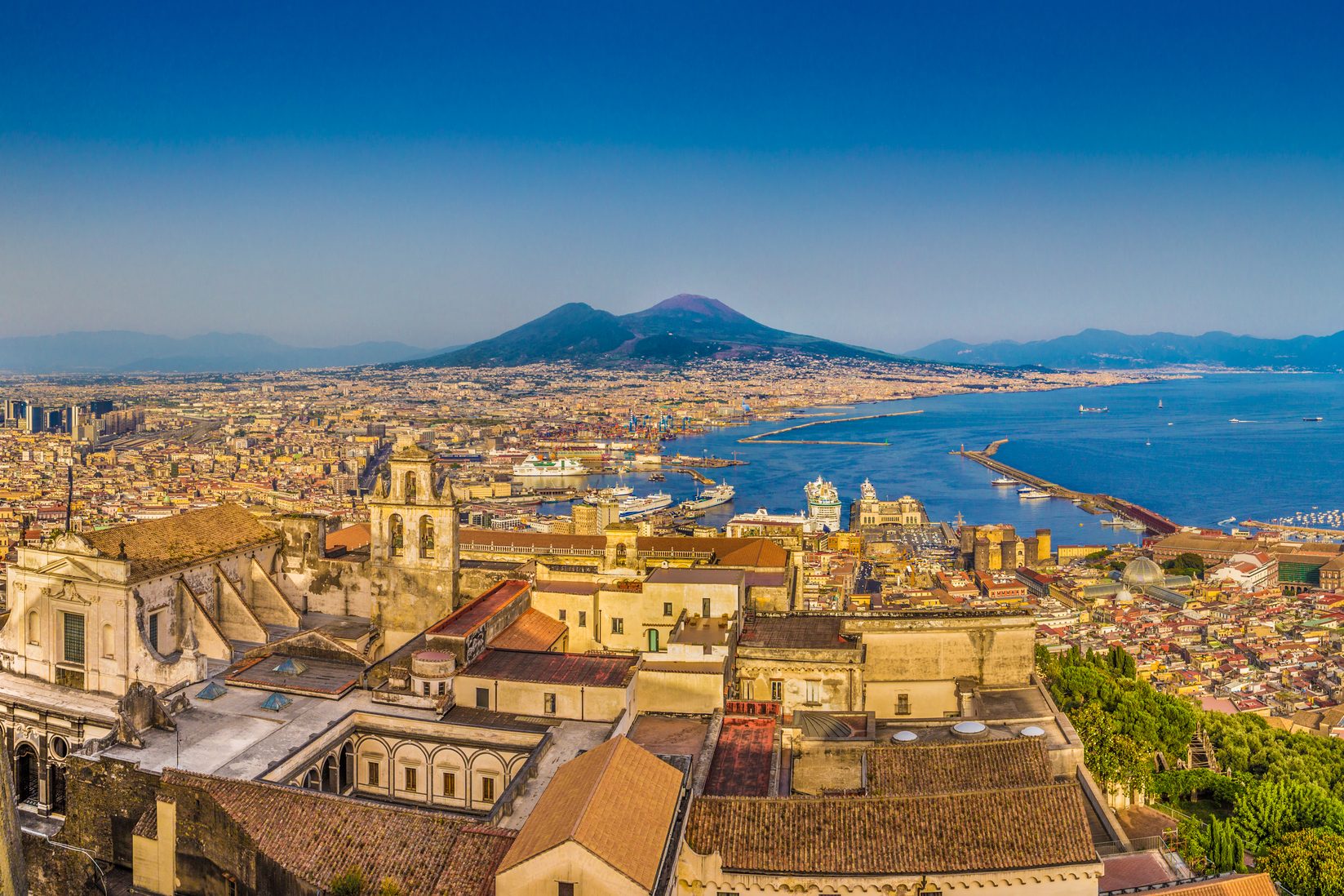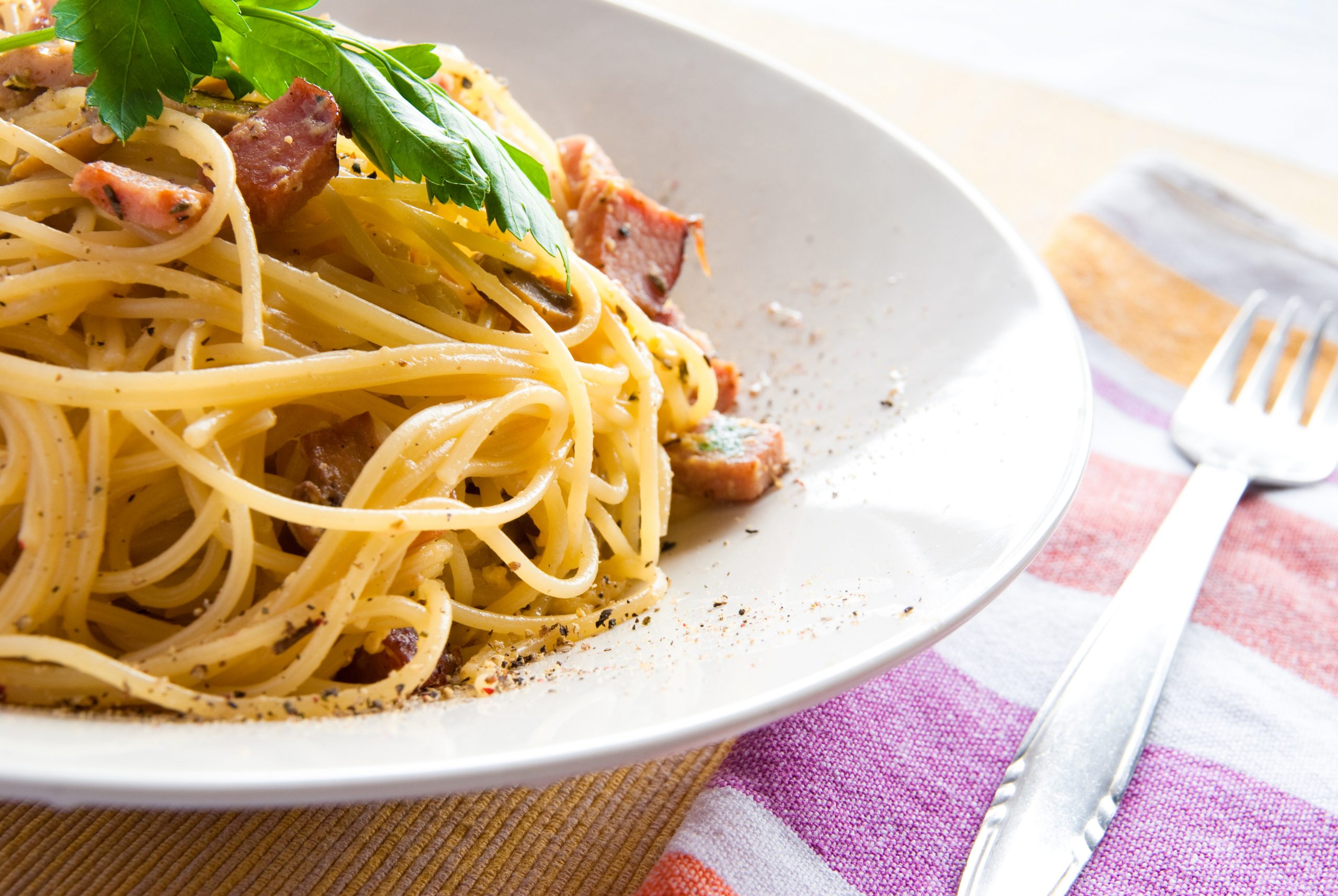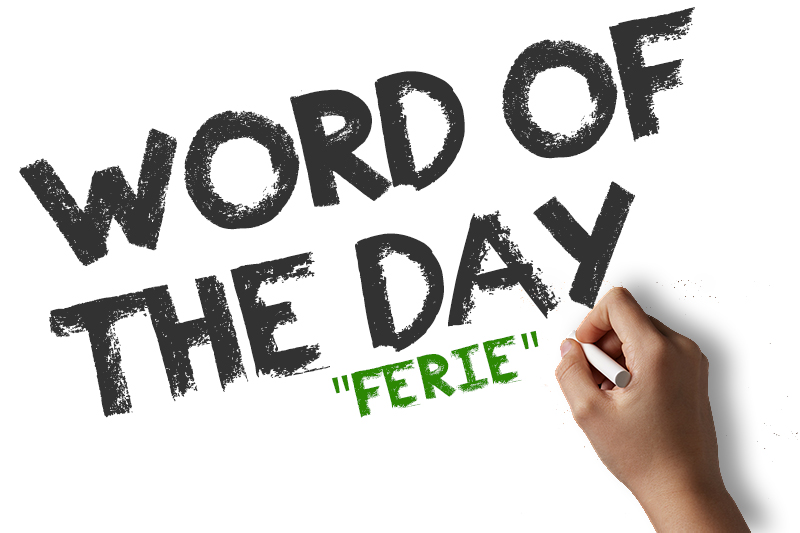Staff
Italia campione d’Europa! How couldn’t we mention such an awesome success for our soccer national team, especially when it gives us the opportunity to talk about an interesting word? Campione (plural campioni, cahm-peeoh-nee) means “champion” or “winner” and who doesn’t …
To many Italians, especially those who grew up on a diet of bread-and-western-movies, there is nothing more quintessentially American than cowboys. Anyone wearing a Stetson hat and riding a horse was a hero to many children, back in the day: …
The Roman Empire is often associated with the most glorious moment in the history of the Italian peninsula, but are we, modern-day Italians, the genetic descendants of the old inhabitants of the Eternal City? A short disclaimer before delving deeper …
La gara delle gare. Ogni disciplina sportiva è spettacolare e se è vero che, nel medagliere olimpico, tutti gli ori hanno lo stesso peso, non si può nascondere come ci siano competizioni dotate di un fascino peculiare, con un valore …
Many Italian-Americans have Neapolitan and Sicilian roots and, among them, a great part has certainly fond memories of their grand parents or parents speaking in the “dialect” of their own native land. Some, I am sure, probably also learned it, …
Sino al 24 ottobre nelle Sale Viscontee del Castello Sforzesco di Milano la mostra “Il Corpo e l’Anima, da Donatello a Michelangelo. Scultura italiana del Rinascimento”, promossa e prodotta da Comune di Milano-Cultura, Castello Sforzesco, Musée du Louvre e realizzata grazie a …
Dopo la mostra Raffaello e Baldassare Castiglione, il Palazzo Ducale di Urbino dedica una nuova rassegna di alto profilo a un maestro del Rinascimento italiano, Pietro Vannucci detto il Perugino (Città della Pieve, 1448 circa – Fontignano, 1523), con la mostra Perugino, …
Pasta alla carbonara and pasta alla puttanesca: staples of central and southern Italian cuisine that, slowly but surely, became common, beloved dishes across the country. With its creaminess and the luxurious combination of guanciale, egg, black pepper and parmesan, carbonara …
Every Italian of working age long for their ferie (fai-ree-ai). With ferie, we usually mean the paid rest days every worker is entitled to. We’d say “leave,” “annual leave” or quite simply “time off” in English, but the Italian ferie …
Yes, you read it right, the strawberry tree (or corbezzolo, as it’s known in the Belpaese) is considered one of our country’s symbols. It all started with the words of poet Giovanni Pascoli, representative of the Italian Decadentism, active between …

